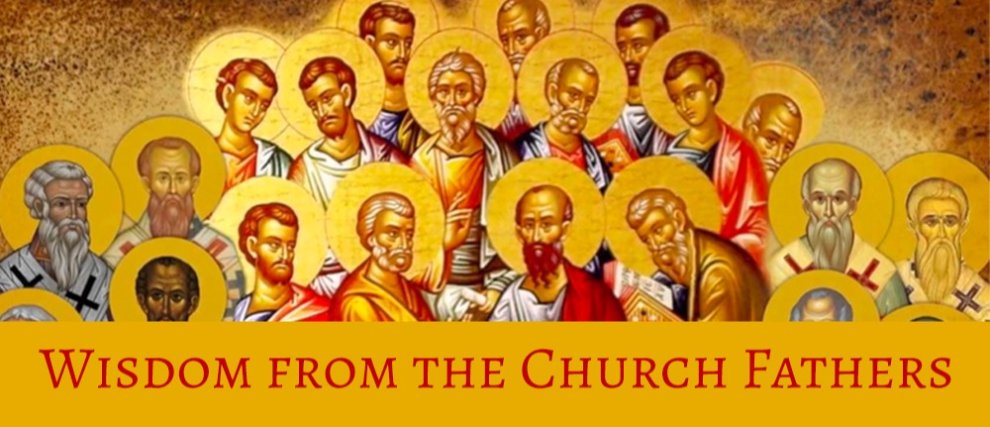The Apostles’ Creed
The Apostles’ Creed (in Latin ‘Credo’) is an important prayer for Christians. It is an early statement of belief in the Holy Trinity by the first Christians. The prayer has been an official symbol of the Heart of Christianity since the First Ecumenical Councils in the 4th century. Discover the two versions of this beautiful profession of faith: the Symbol of the Apostles and the Nicene Creed.
Apostles’ Creed and Nicene Creed
There are two versions of the prayer. The ‘Apostles’ Creed’, or ‘Symbol of the Apostles’ is shorter, and it contains the essential elements of faith of the Primitive Church. The second, more complete version of the prayer is called the ‘Nicene Creed’, or the ‘Niceno-Constantinopolitan Creed’. It originates from the First Councils of Nicaea and Constantinople, which explains its name. (See the history of the Apostles’ Creed)
Apostles’ Creed
“I believe in God, the Father Almighty, Creator of Heaven and earth;
and in Jesus Christ, His only Son Our Lord,
Who was conceived by the Holy Spirit, born of the Virgin Mary, suffered under Pontius Pilate, was crucified, died, and was buried.
He descended into Hell; the third day He rose again from the dead;
He ascended into Heaven, and sitteth at the right hand of God, the Father almighty; from thence He shall come to judge the living and the dead.
I believe in the Holy Spirit, the holy Catholic Church, the communion of saints, the forgiveness of sins, the resurrection of the body and life everlasting.
Amen.”
Nicene Creed
“I believe in one God, the Father, the Almighty, Maker of heaven and earth, of all things visible and invisible.
I believe in one Lord Jesus Christ, the Only Begotten Son of God, born of the Father before all ages,
God from God, Light from Light, true God from true God, begotten, not made, consubstantial with the Father.
Through him all things were made.
For us and for our salvation he came down from heaven: by the power of the Holy Spirit was incarnate of the Virgin Mary, and became man.
For our sake he was crucified under Pontius Pilate; he suffered death and was buried, and rose again on the third day in accordance with the Scriptures.
He ascended into heaven and is seated at the right hand of the Father.
He will come again in glory to judge the living and the dead, and his kingdom will have no end.
I believe in the Holy Spirit, the Lord, the giver of life, who proceeds from the Father and the Son.
With the Father and the Son he is adored and glorified.
He has spoken through the Prophets.
I believe in one, holy, catholic and apostolic Church.
I confess one baptism for the forgiveness of sins, and I look forward to the resurrection of the dead, and the life of the world to come.
Amen.”
When to Pray The Apostles’ Creed?
It is possible to say this devotion privately. Like The Lord’s Prayer and the Hail Mary, the Apostles' Creed is an essential prayer for members of the Catholic Church.
Professing one’s faith is a personal matter: we say “I believe”, because we can only speak for ourselves when we are making a statement of belief. Therefore, the Apostles’ Creed is a fundamental text, and it is very important to understand it in its entirety when praying it. (Learn the meaning of the Apostles Creed to gain a better understanding of the prayer)
The Apostles’ Creed in its shorter form is often said when praying a Chaplet, like The Rosary. However, saying it collectively gives the prayer its true value. Community prayer is the bedrock of the Church, which is why the Apostles’ Creed is said in the form of the Nicene Creed during Mass. It can also be sung or said in the form of a dialogue, like during baptism (where the baptised and/or his parents and godparents have to profess their faith) or during the Easter Vigil (where the Symbol of The Apostles is prayed during the night).
Learn The Apostles’ Creed in Latin, German, French, Spanish, Italian and Portuguese to pray it wherever you go!
Pray to The Father, The Son and The Holy Spirit with Hozana!
Hozana has many communities that will assist you during your time of prayer! Connect with Christians across the world and learn to enrich your oratory content. With Hozana, join communities to understand more about The Holy Spirit by praying to it, meditate on the daily Gospel, or say a prayer a day!

